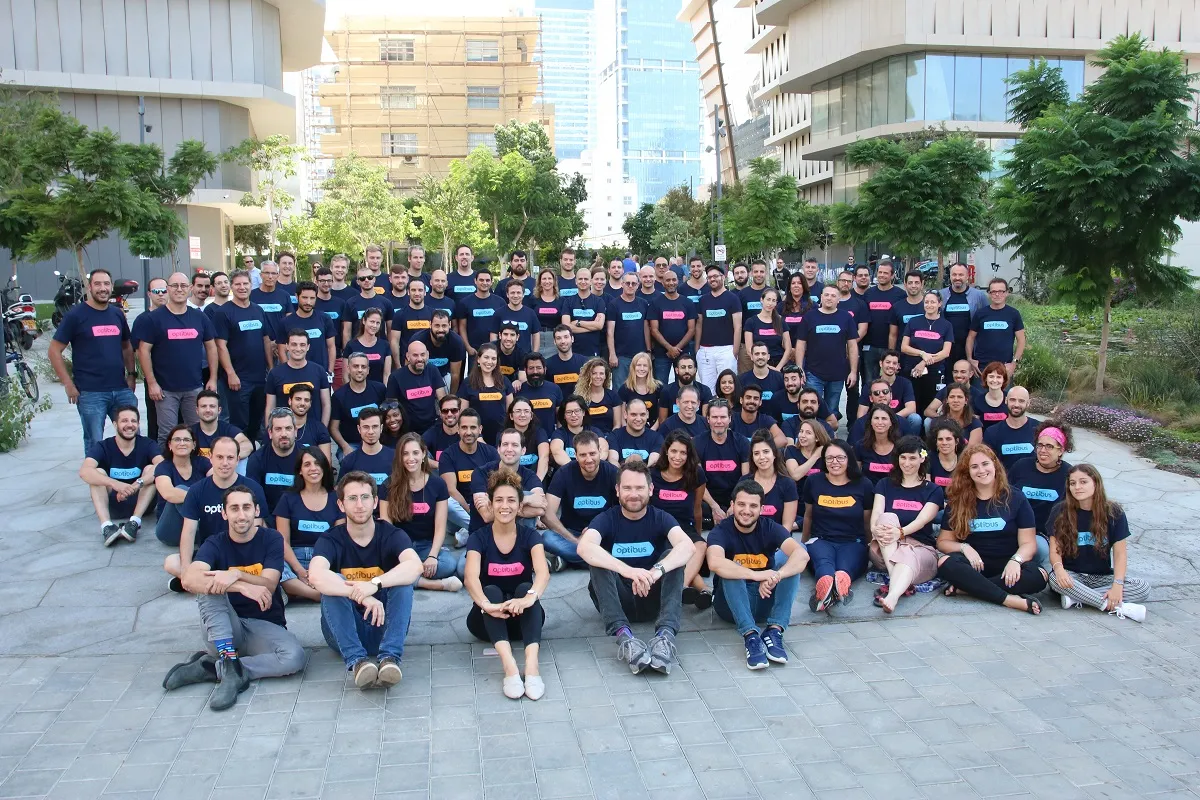
Optibus says it is the first tech firm dedicated to public transportation company to achieve 'unicorn' status - that is, to be privately owned but valued at more than $1 billion.
The company, an end-to-end software platform for public transportation planning, rostering and operations, has just closed $100 million in Series D funding, bringing its total funding to $260m and its valuation to $1.3bn.
Investors include Insight Partners, Bessemer Venture Partners, Verizon Ventures, Pitango First & Pitango Growth, Tencent and SOMV Momentum.
Optibus has also launched a new feature, Ridership Insights, which helps planners view and analyse real-world ridership data directly on the map, enabling them to understand how their network is performing.
The idea is that they can then leverage this to redesign services to better match passenger demand.
The company, which began in 2014, says it will use its new funding to create "a holistic software platform for all public transportation planning and operations needs, expand into new product and service offerings including real-time operations and electric vehicle management, and strengthen its global presence in existing and new markets".
Its tech is already in use in 1,000 cities worldwide.
"By putting powerful technology in the hands of industry professionals, Optibus helps to increase transportation equity and ridership while reducing emissions and costs," said Optibus CEO and co-founder Amos Haggiag.
"Our investors and employees see the double promise of Optibus to generate both social good and ROI, and we are thrilled to lead the industry’s digital transformation."
Carla Stockton-Jones, UK MD at the UK's largest public transport operator, Stagecoach Group, said Optibus' "software is revolutionising our business and day-to-day operations, as well as the passenger experience".
Merav Rotem Naaman, general partner at investor SOMV Momentum, commented: "Optibus represents everything that is great in tech; digitising and disrupting the basic functions of society in a way that serves the common good, both in quality of service and environmental impact."









